You are here
New Releases
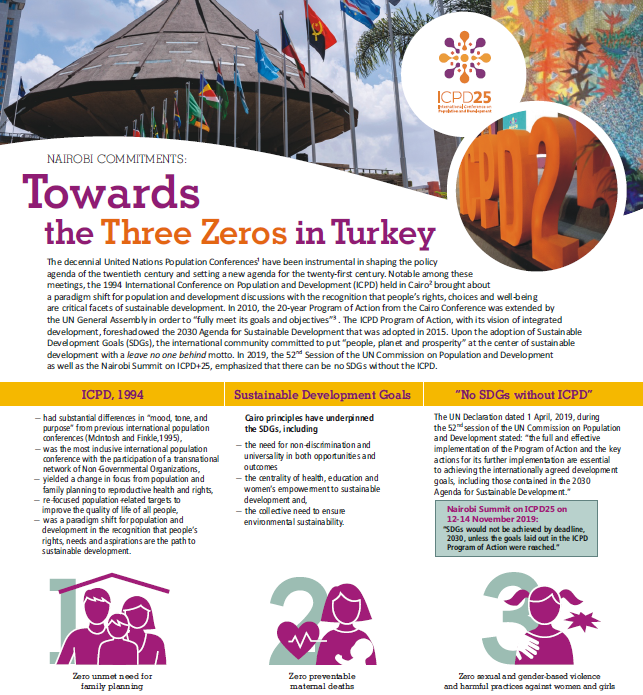
Towards the Three Zeros in Turkey
Towards the Three Zeros in Turkey is a brief study on the Nairobi Commitments which were formed in the Nairobi Summit held in Kenya between the 12 and 14 of November, 2019 in the 25th Anniversary of the ICPD. Based on the three goals, which are zero unmet need for family planning, zero preventable maternal death and zero sexual and gender-based violence and harmful practices against women and girls, this study evaluates on Turkey’s proximity, efforts and future steps that need to be taken to achieve Three Zeros through the most recent data and policy developments. The study also touched upon the challenges posed by the COVID-19 Pandemic in this process, which is other important dimension affecting the achievement of Three Zeros by 2030.
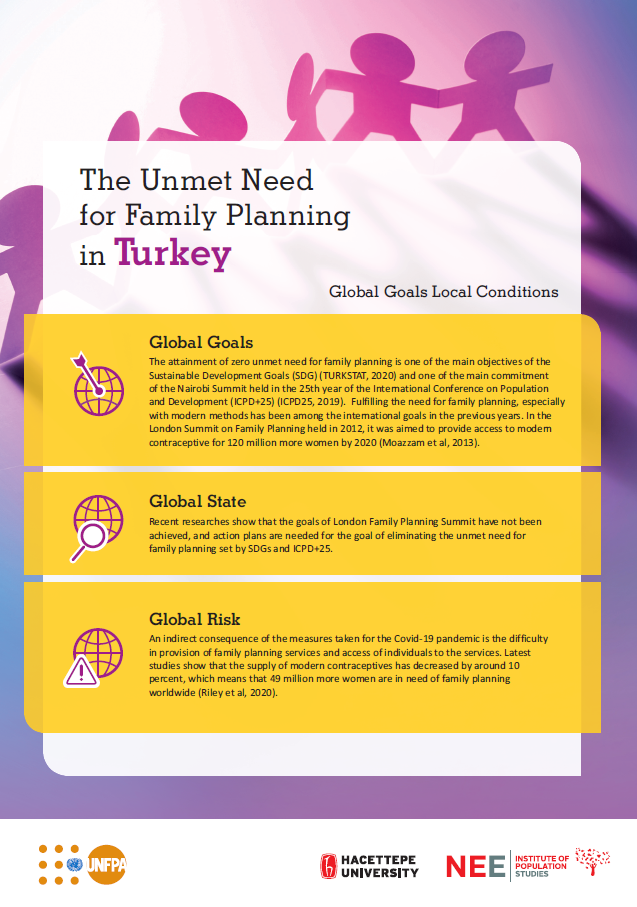
The Unmet Need for Family Planning in Turkey
The attainment of zero unmet need for family planning is one of the main objectives of the Sustainable Development Goals (SDG) (TURKSTAT, 2020) and one of the main commitment of the Nairobi Summit held in the 25th year of the International Conference on Population and Development (ICPD+25) (ICPD25, 2019). Fulfilling the need for family planning, especially with modern methods has been among the international goals in the previous years. In the London Summit on Family Planning held in 2012, it was aimed to provide access to modern contraceptive for 120 million more women by 2020 (Moazzam et al, 2013). This document presents a data-based analysis of the unmet need for family planning in Turkey in light of the global and national goals, state and risks.
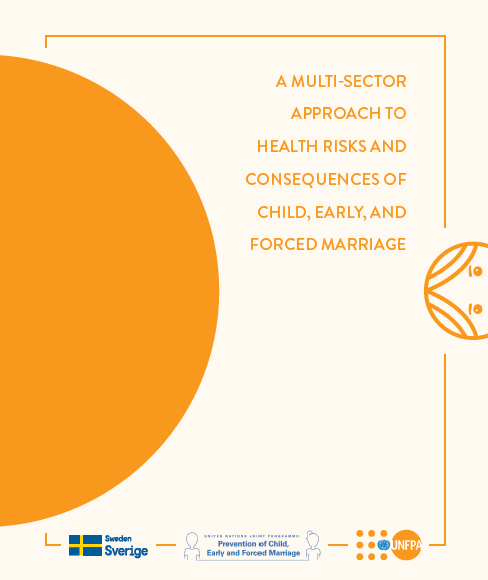
A Multi-Sector Approach to Health Risks and Consequences of Child, Early, and Forced Marriage
Child marriage is an harmful practice affecting millions of children and especially girls across the world and it must be addressed with a multi-dimensional approach. Although the increased national and international efforts all around the world decreases the rate of child marriages, this practice still remains to be a social problem. This is a qualitative study focusing on the risks and results of child, early, and forced marriages on health and has been prepared based on in-depth interviews and focus group discussions with relevant service providers, public officials, civil society workers, and academics working in this field.
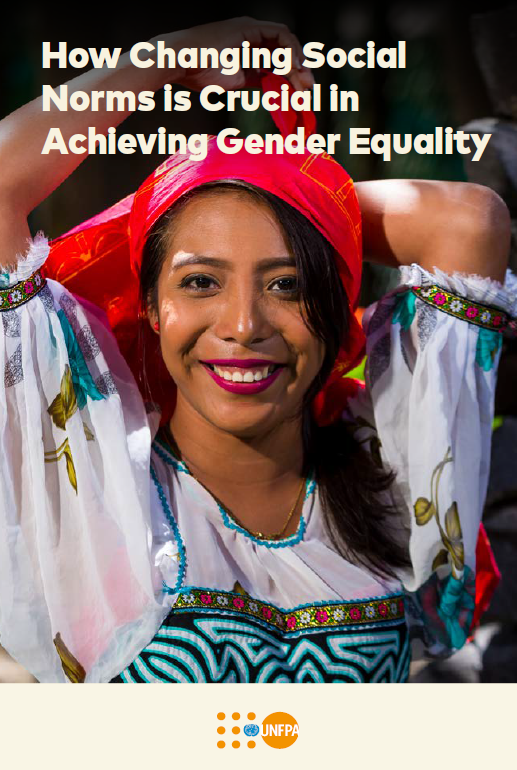
How Changing Social Norms is Crucial in Achieving Gender Equality
UNFPA has released this compendium on social norms change to achieve gender equality, which provides a framework for programmatic approaches to norms change at scale.
This document presents some of the most promising strategies for changing social norms and achieving gender equality. A greater understanding of the conceptual background of social norms and norms change provides a schematic – a skeleton outline – for social transformation. The compendium presents the tested processes of social norms change and a programme design framework, as applied to programming to end female genital mutilation. These processes are iterative, simultaneous and self-reinforcing and can be applied to other thematic areas of sexual and reproductive health and rights.
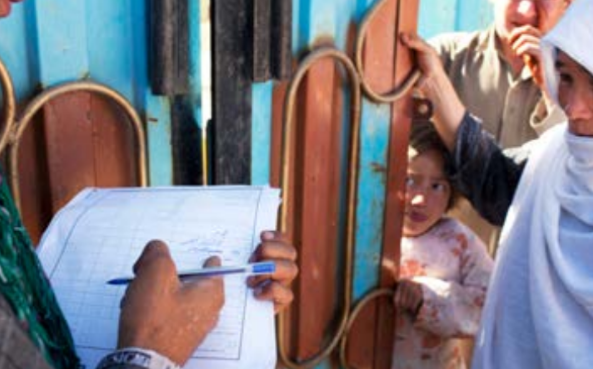
Technical Brief on the Implications of COVID-19 on Census
As the world grapples with the spread of COVID-19, UNFPA must address the implications of the outbreak on preparations and implementation of the 2020 census round. With 150 countries (including 85 UNFPA programme countries) scheduled to conduct census enumeration in 2020 and 2021, the potential disruption of the 2020 census round could be significant. The COVID-19 pandemic will threaten the successful conduct of censuses in many countries through delays, interruptions that compromise quality, or complete cancellation of census projects. Domestic and donor financing for census may be diverted to address COVID-19 leaving census without crucial funds. Several countries have already taken decisions to postpone the census, with many others yet to announce the way forward.
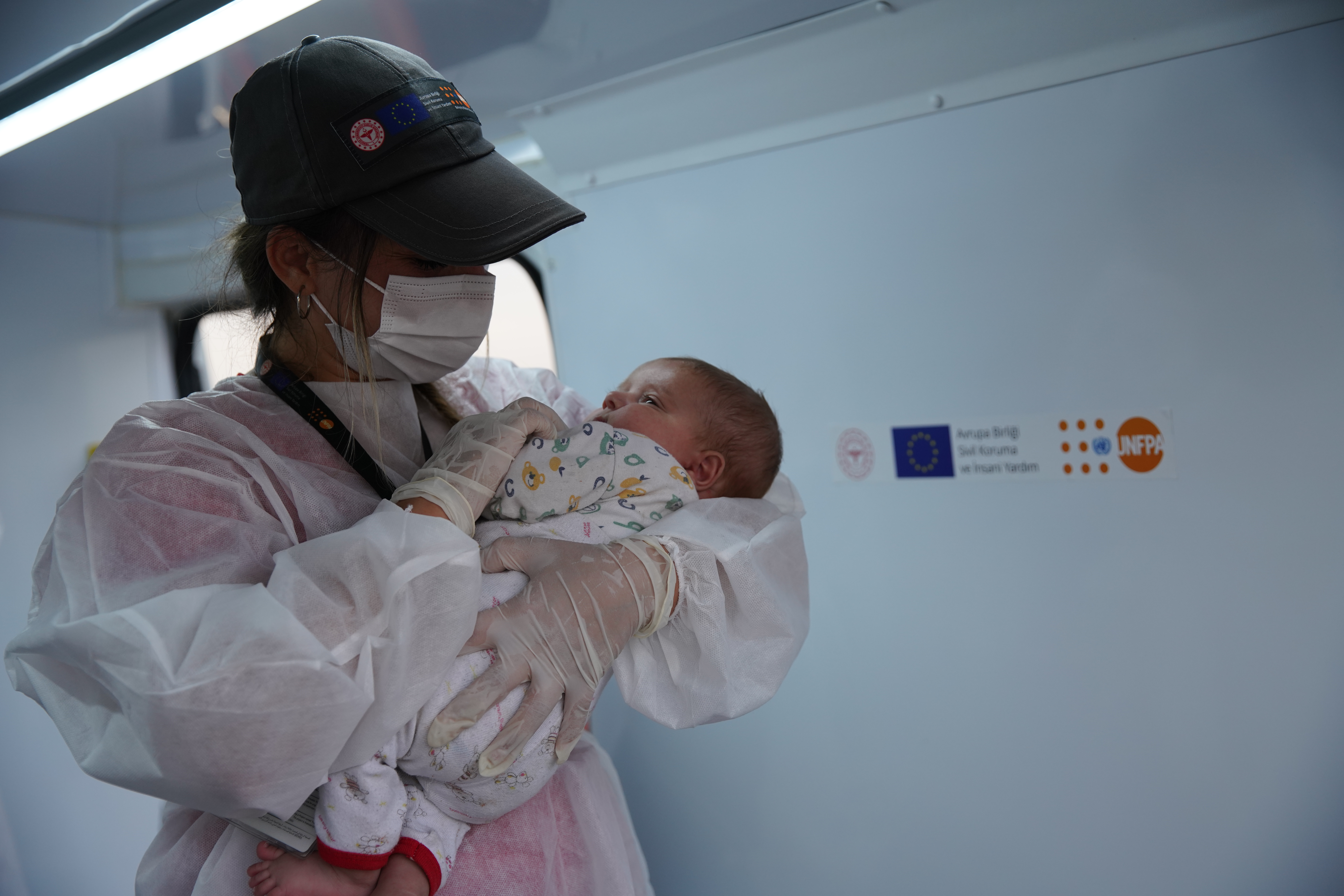
UNFPA 7th Country Programme for Turkey
UNFPA is currently implementing the 7th Country Programme (2021-2025) in Turkey. In line with the overall objectives of UNFPA, the 7th Country Programme particularly focuses on the areas of sexual and reproductive health, gender equality and women’s empowerment and population dynamics. The 7th Country Programme also contributes to the UNFPA global strategic plan transformative results by supporting the reduction of maternal health risks, sexually Transmitted Infections (STIs) and unintended pregnancies, and inequalities and violence faced by the most vulnerable groups, thereby supporting the achievement of Sustainable Development Goals (SDGs) 3 (health), 4 (education), 5 (gender) 10 (disparities) and 17 (partnerships and data).
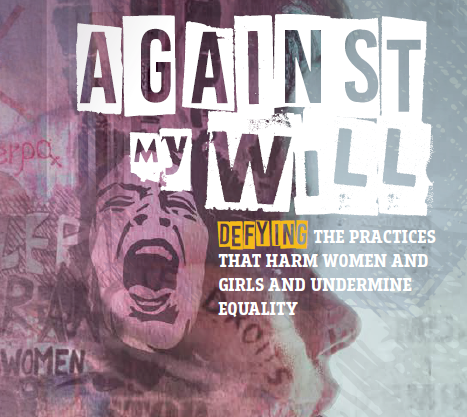
UNFPA State of World Population Report 2020 Highlights
Every year, millions of girls around the world are subjected to practices that harm them physically and emotionally, with the full knowledge and consent of their families, friends, and communities, according to the State of World Population 2020, released today by UNFPA, the United Nations Population Fund.
At least 19 harmful practices, ranging from breast ironing to virginity testing, are considered human rights violations, according to the UNFPA report, which focuses on the three most prevalent ones: female genital mutilation, child marriage, and extreme bias against daughters in favour of sons.
We have the power to defy the forces that perpetuate harm and to realize a world where every woman and girl is free to chart her own future.
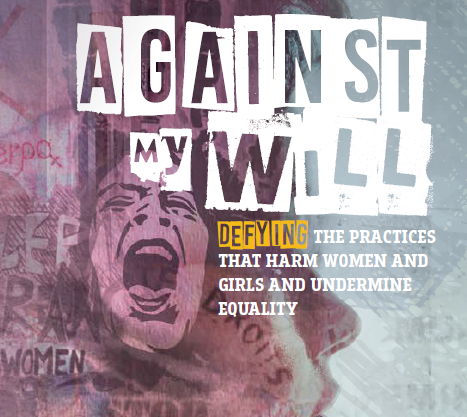
UNFPA State of World Population Report 2020
Every year, millions of girls around the world are subjected to practices that harm them physically and emotionally, with the full knowledge and consent of their families, friends, and communities, according to the State of World Population 2020, released today by UNFPA, the United Nations Population Fund.
At least 19 harmful practices, ranging from breast ironing to virginity testing, are considered human rights violations, according to the UNFPA report, which focuses on the three most prevalent ones: female genital mutilation, child marriage, and extreme bias against daughters in favour of sons.
We have the power to defy the forces that perpetuate harm and to realize a world where every woman and girl is free to chart her own future. To find out more, please check the State of World Population Report.
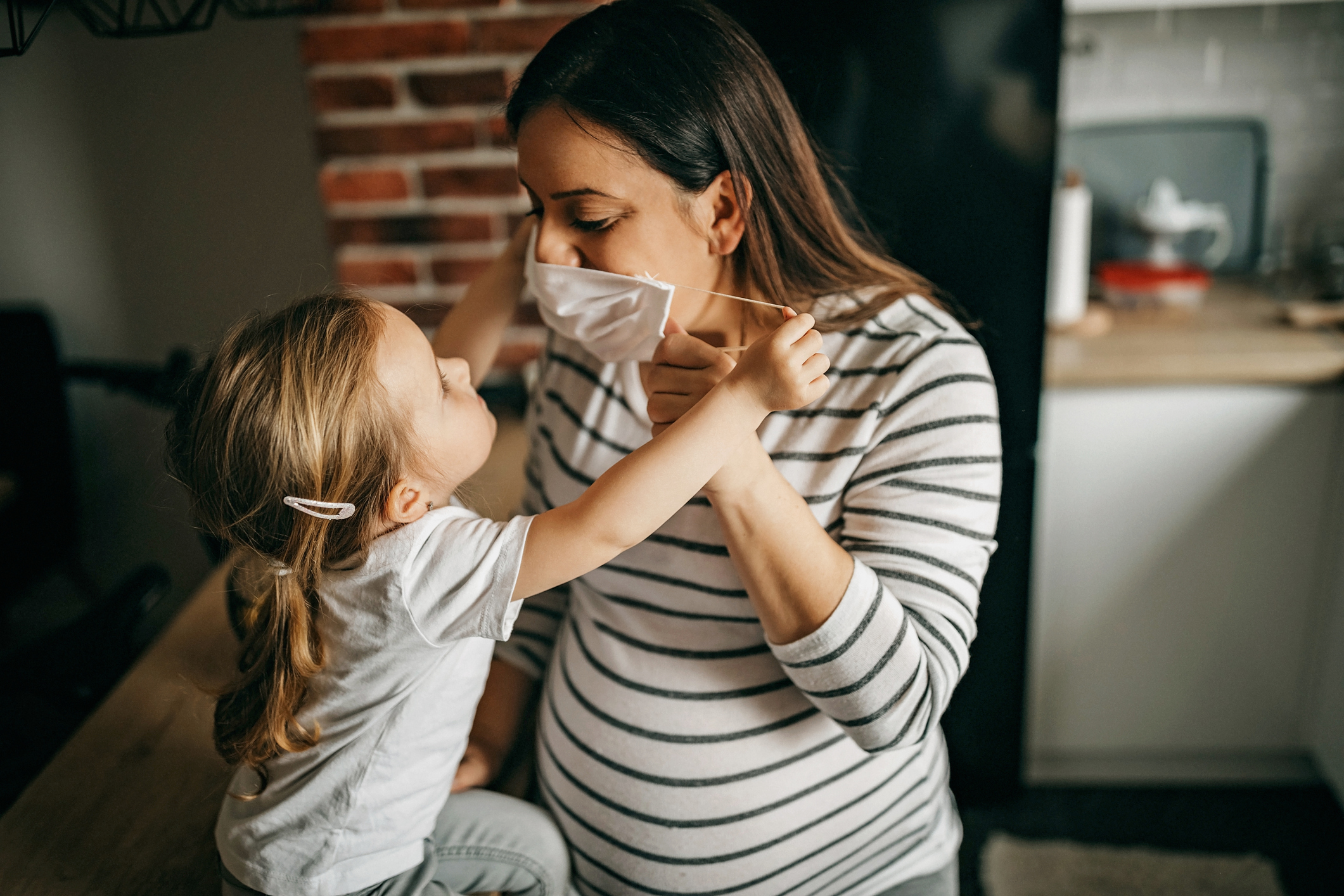
COVID-19 Technical Brief Package for Maternity Services
It is anticipated that that COVID-19 (the disease caused by the novel coronavirus named SAR-CoV-2) will occur in most, all countries. A key fact about COVID-19 is that the vast majority of infections will result in very mild or no symptoms. Not everybody is at risk of severe disease. Persons of advancing age and those with existing respiratory, cardiac and/or metabolic disorders and immunodeficiencies are at higher risk of moderate to severe disease.
Limited data are available on COVID-19 in pregnancy, but the studies published to date do not show an increased risk of severe disease in late pregnancy or substantial risk to the newborn. These findings are reassuring, and are quite different from other recent pandemics, like the 2009 H1N1 influenza A pandemic which resulted in more severe disease in pregnant women, or Zika virus which is teratogenic. Information on the impact of COVID-19 on early pregnancy outcomes remains unavailable at the time of writing. Non-pregnant women of childbearing age are also at low risk of severe disease.

Sexual and Reproductive Health & Combating Gender-Based Violence for Women and Girls with Disabilities
Girls and women with disabilities constitute a group that encounters more difficulties in obtaining access to age-adapted and reliable information and services with respect to reproductive and sexual health than many other groups. It was also noted that the number of women with disabilities in OECD countries is higher than the number of men with disabilities.
Considering the worldwide gender inequalities, it is clear that access by women and girls with disabilities to the mechanisms for combating gender-based violence is also difficult. For this reason, the reassessment of sexual and reproduction ve health programs that also account for disability and gender factors within their overall framework of needs is a must.